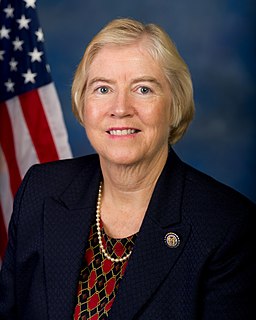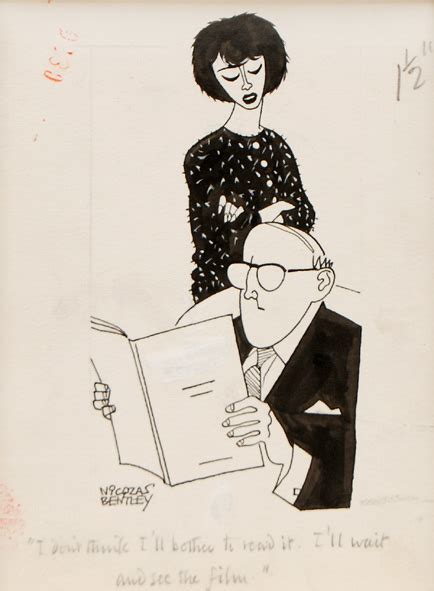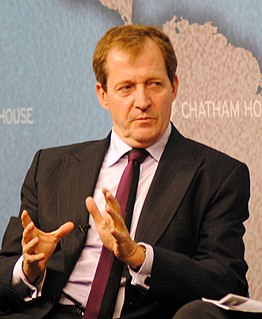A Quote by Michael Shellenberger
Journalists and activists alike have an obligation to describe environmental problems honestly and accurately, even if they fear doing so will reduce their news value or salience with the public.
Related Quotes
The media is the only business in the world where the customer is always wrong. If you're a news consumer, if you're a customer, and you complain to them, they will tell you that you are not sophisticated enough to understand what they do, and they're tell you to go listen or watch somewhere else. They're not even really doing the news for you. They're doing news for other journalists and other people in government because that's their real audience.
It is said that the fear of public speaking is a fear greater than death for most people. According to psychiatrists, the fear of public speaking is caused by the fear of ostracism, the fear of standing out, the fear of criticism, the fear of ridicule, the fear of being an outcast. THE FEAR OF BEING DIFFERENT PREVENTS MOST PEOPLE FROM SEEKING NEW WAYS TO SOLVE THEIR PROBLEMS.
To solve the new century's mounting social and environmental problems, people of color activist and white activists need to be able to join forces. But all too often, the unconscious racism of white activists stands in the way of any effective, worthwhile collaboration. The Challenging White Supremacy Workshop is the most powerful tool that I have seen for removing the barriers to true partnerships between people of color and white folks. If the CWS trainings were mandatory for all white activists, the progressive movement in the United States would be unstoppable.
The Environmental Protection Agency's first-ever limits on carbon pollution from power plants will create clean- energy jobs, improve public health, bring greater reliability to our electric power grid, bolster our national security, demonstrate the United States' resolve to combat climate change and maybe even reduce our utility bills.
Journalists go to press briefings at the Ministry of Defense in London or the Pentagon in Washington, and no critical questions are posed at all. It's just a news-gathering operation, and the fact that the news is being given by governments who are waging war doesn't seem to worry many journalists too much.


































